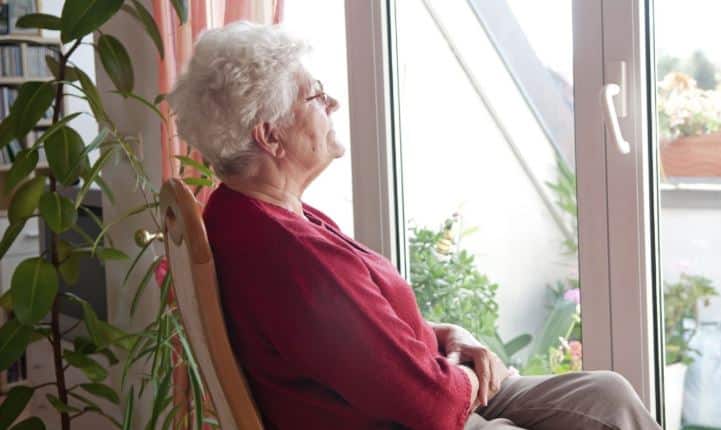Analysis undertaken by Age UK found that an older person (65+) in England and Wales becomes a victim of fraud every 40 seconds. A shocking statistic, highlighting how vulnerable older people are particularly those who live on their own – around 2.2 million over 75s live alone. The Better at Home report found that although ¾ people felt they should make weekly contact with older relatives, fewer than half actually did, increasing the opportunity for scammers.
Why target the elderly
Scammers target older people for a number of reasons; living alone is one of them, but they also look for people who have recently been bereaved, show signs of being lonely and isolated or have dementia. The effect of being scammed are devastating, having lasting financial and health related consequences. After being scammed older people are likely to suffer from a deep sense of embarrassment and anxiety. The National Trading Standards Scam team report that people who are defrauded in their own homes are 2.5 times more likely to either die or go into residential care within a year.
What scams are there?
There are a variety of scams that are targeted towards older people. More well-known are doorstep scams, online romance fraud and email scams, but increasingly older people are also finding themselves the target of pension and investment related fraud. If living alone and not seeing family or friends regularly, it can be very difficult for others to recognise whether an older person has fallen victim to a scam. As such, banks and local authorities who may have access to financial information are asked to be more vigilant.
How live in carers could help
Live In Carers support the person they are caring for 24/7, living with them at home. An alternative to people who don’t want to go into residential care as revealed in the Better at Home Report, live in carers support people with both personal care and other daily living activities such as shopping. Live in carers are therefore ideally placed to recognise if the person they caring for has found themselves a victim of a scam. Increasingly older people are finding themselves the target of a variety of scams. We highlight some of the signs to look for to determine if the person you are caring for has been scammed.
Carers can help prevent their care recipients becoming victims of fraud by looking out for the following signs;
- Post – If the older person is receiving a lot of mail through the post or they repeatedly check emails
- Financial transactions – Evidence that there has been a significant amount of money withdrawn from a bank account or a number of cheques being written concurrently.
- Lack of income – Older person mentions they don’t have the money to pay for regular expenses.
- Communication – Repeated phone calls from people you are not familiar with or companies that the older person has not mentioned before or you’re not aware that they have used.
Live in carers have the opportunity to address their concerns with the older person as they will be trusted, it can be difficult to bring the subject up as the older person may be of the opinion that the fraudsters are friends or that they will be rewarded with prizes. As well supporting their care recipient to discuss their feelings, live in carers can help by assisting to report the fraud and letting the local authority know as they will consider it as financial abuse and help to put a protection plan in place. You can find out more about how live in carers could assist the elderly at the Live In Care Hub (www.liveincarehub.co.uk).







